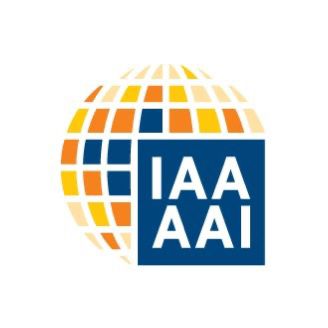Annuities – october
25/10/2021
More reforms more taxes
08/12/2022For accounting purposes, long-term remuneration to staff is supplementary pension benefits to those of the public system, with respect to the time at which the service is provided by their administrators. The pension commitments assumed by the companies in favor of their directors are long-term remuneration and the income and expenses will be charged in the accounting period in which they are reported, according to the real flow of goods and services that they represent, regardless of when the monetary or financial current occurs.
The corresponding General Accounting Plan account is account 140 Provisions for long-term Remuneration to staff, which are the legal, contractual, or implicit obligations in favor of the company’s staff, other than those recorded in accounts 146 and 147, on which there is uncertainty about the amount or term, such as defined benefit retirement benefits or disability benefits.
For tax purposes, the Binding Resolution of the General Directorate of Taxes, V2908-13 of October 1, 2013, determines whether it is deductible for the company as an expense in its Corporation Tax regardless of the qualification of the remuneration by the administrators as income from work for the purposes of the Personal Income Tax. In the event of being considered a deductible expense, the additional remuneration recognized in favor of those who have held the position of director until their retirement age may be if they have been agreed in accordance with current commercial regulations.
For commercial purposes, the Capital Companies Act establishes that the position of director is free of charge, unless the articles of association provide otherwise, determining the remuneration system. The maximum amount of annual remuneration of all the directors in their capacity must be approved by the General Meeting and will remain in force until their modifications are approved. The established remuneration system will determine the concept or concepts of remuneration to be received and which may include supplements for private pensions.
For insurance purposes, if the remuneration for supplementary pensions in favor of the directors has been instrumented through insurance contracts, guaranteed capital and / or Unit Linked (basket of financial assets), in the event of non-tax imputation. to the income of the directors, provided that the company can exercise the right of redemption, at least, because of a serious and culpable breach of the duties of diligence and loyalty of the directors, as developed in the Capital Companies Act.
The correct articulation of the remuneration to the directors for benefits of complementary pensions to the public system of pensions, allows the companies to remunerate to the administrators, to convenience with the purpose of reducing the taxes in origin only to 25% of the Corporation tax and without the consideration of work performance for all contributions made to the retirement of the director. Amount that will be reimbursed at the time of payment of the benefit.

Jaume Quibus
The actuary and economist Jaume Quibus holds a master’s degree in Financial Economics and Accounting, a degree in Actuarial and Financial Sciences, a degree in Economic and Business Studies from the University of Barcelona and has completed the Management Development Programme at the IESE Business School of the University of Navarra. He is a full member of the following associations: the Catalan Actuarial Association, the Spanish Actuarial Association, the Catalan Economists Association, the International Actuarial Association, the Catalan Association of Accounting and Management and also a member of the IESE Business School Alumni. He was a founding partner in 1998 of the actuarial company Quibus, and is corporate member number 6 in the Catalan Actuarial Association.

